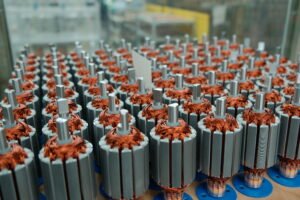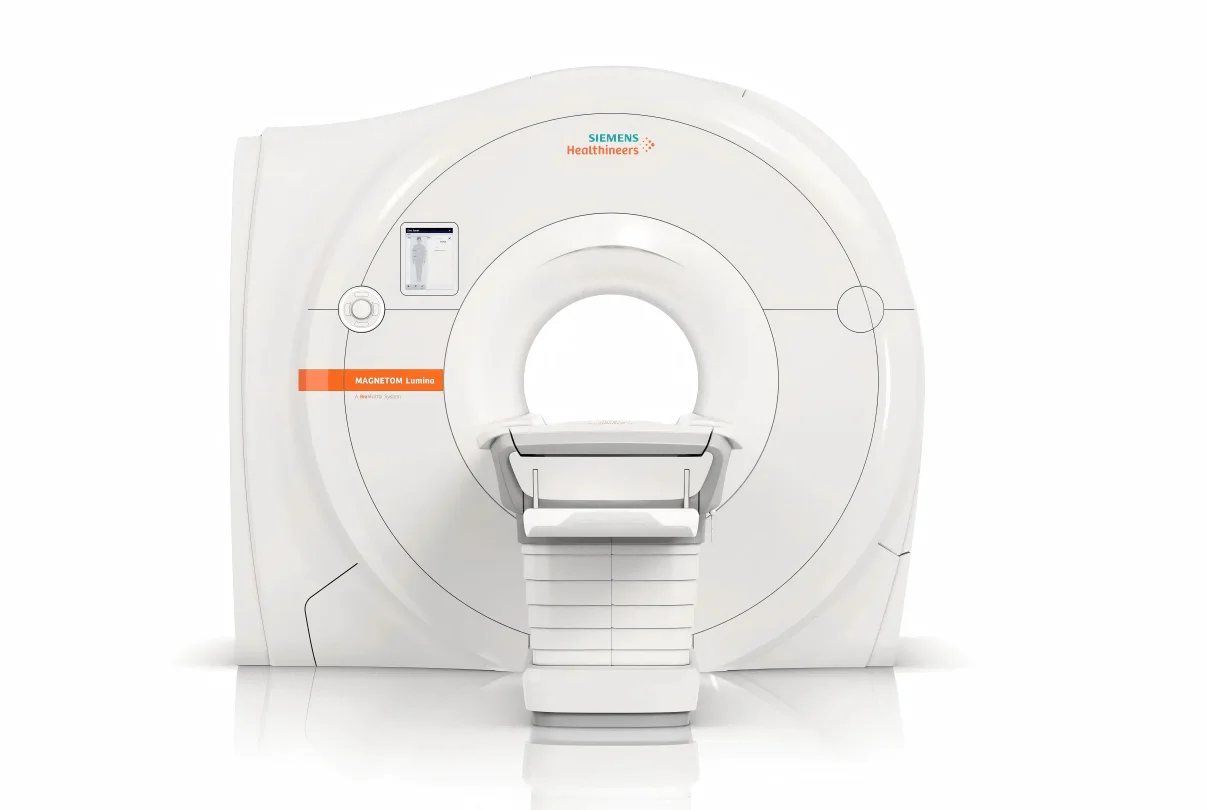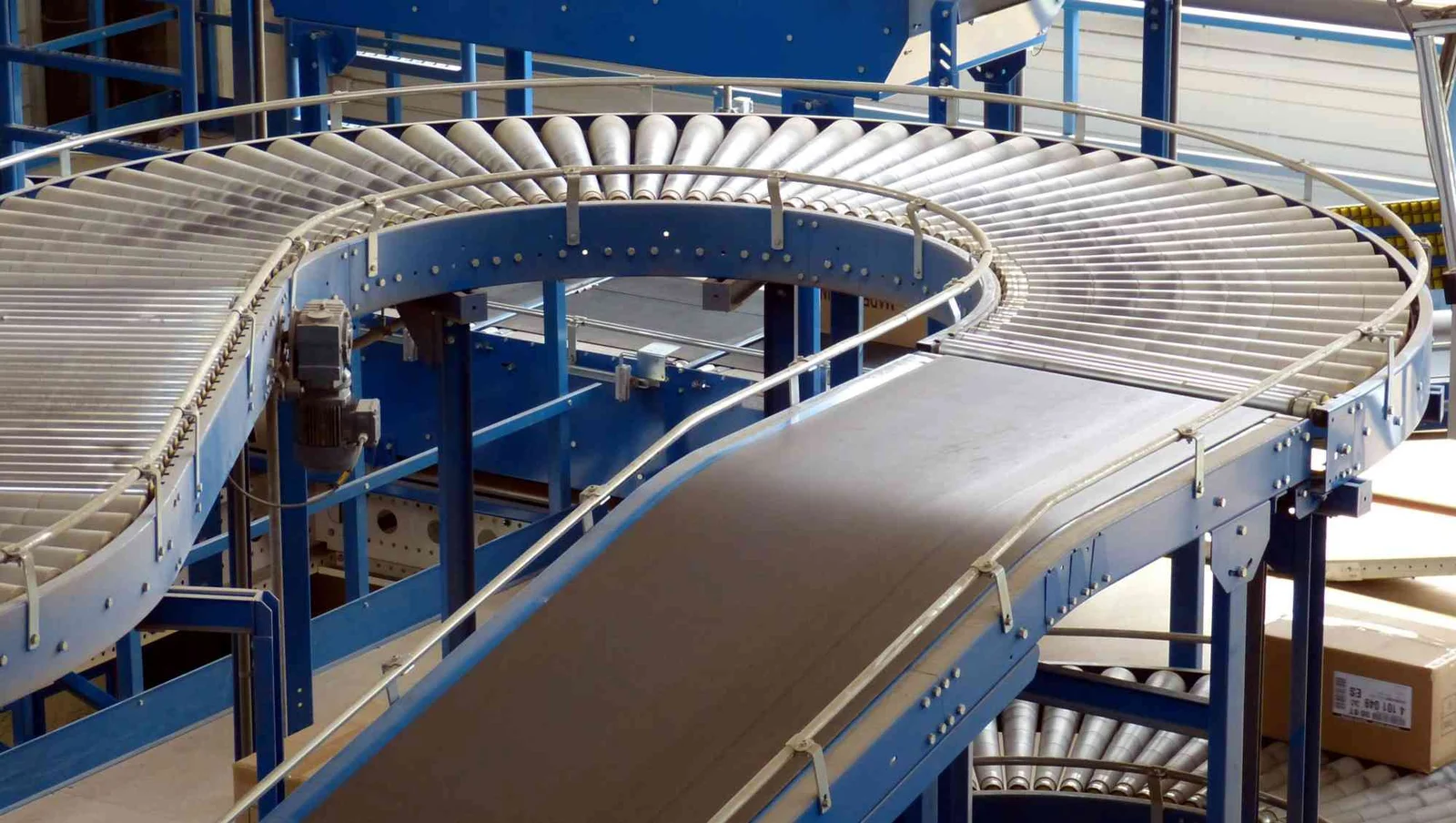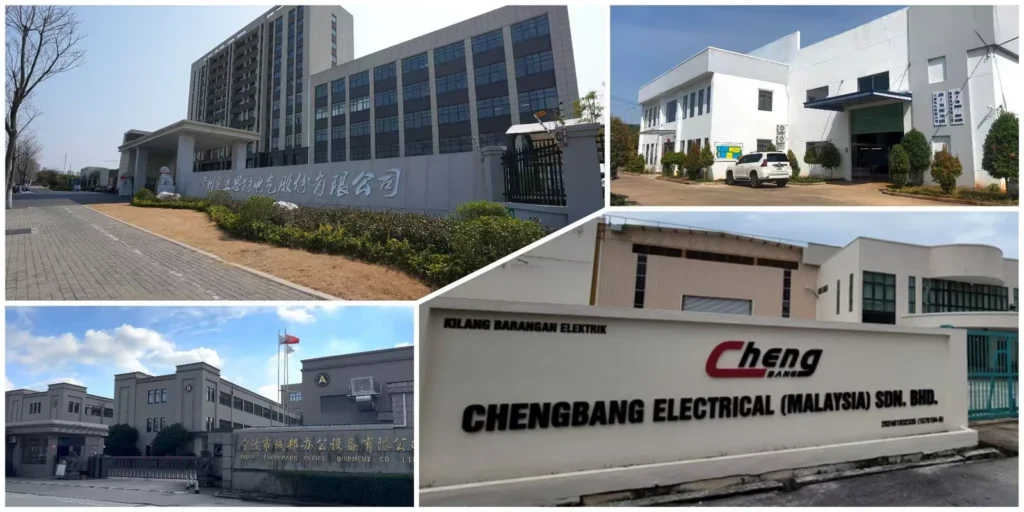How to choose an excellent motor manufacturing factory

Choosing an excellent motor factory is crucial for success. Excellent motors perform efficiently and reduce the likelihood of issues. Factories with outstanding expertise ensure machines operate over 85% of the time, enhancing speed and productivity. A well-managed factory can decrease product returns by 15% through effective quality checks. Additionally, consider customer support, as it can boost customer loyalty by 25%. When you choose an excellent factory, you create durable products, save costs, and foster long-term business growth.
Key Takeaways
- Pick a factory with experience and a good name. Find positive reviews and past success to trust them.
- Look for certifications like ISO 9001. These prove the factory makes high-quality and dependable motors.
- Check how much the factory can produce. Make sure they can handle your needs, even when busy.
- Pay attention to quality checks. Factories with good systems make fewer bad products, saving money.
- Think about customer support. Factories that reply fast and help after sales are more reliable.
Key Factors to Choose an Excellent Motor Manufacturing Factory
Experience and Industry Reputation
When picking a great motor factory, focus on experience and reputation. Factories with many years of work know motor design and production well. They understand challenges and market needs better than newer factories. Their knowledge helps them make reliable motors that fit your needs.
A factory’s reputation shows how well it has done over time. Look for proven records, high-profile partnerships, and long-term customer feedback. For example, Wolong Electric Group, with its expansive portfolio and global subsidiaries, is widely recognized for its technological expertise and ability to serve diverse markets at scale.
Tip: Ask for examples of past work or client feedback. This helps you see how reliable the factory is.
Certifications and Compliance Standards
Certifications show a factory cares about quality and rules. Factories with certifications like ISO 9001 or IATF 16949 follow strict global standards. These standards ensure they make high-quality motors every time.
| Study | Findings | Link |
|---|---|---|
| Corbett et al. | Certified factories had better returns on assets. | Return on assets |
| Heras et al. | ISO 9001 linked to better performance, no matter the size. | Heras et al. |
| Naveha and Marcus | ISO 9001 improved U.S. car industry operations. | U.S. automotive industry |
| Sharma | Certification boosted financial results. | Sharma |
| Chow-Chua et al. | Danish companies with ISO 9001 earned more money. | Chow-Chua et al. |
| Rajan and Tamimi | ISO 9001 helped stock market performance. | Rajan and Tamimi (2003) |
These studies show why certified factories are a smart choice. Certifications mean better quality and better results.
Note: Always check if certifications are real by contacting the issuer.
Production Capacity and Scalability
Production capacity shows if a factory can meet your needs. During busy times, this is very important. Things like machine speed and downtime hours show how well a factory works. A factory with high Overall Equipment Effectiveness (OEE) makes motors faster and with fewer mistakes.
Scalability matters too. If your business grows, the factory should grow with you. Good planning helps factories avoid delays and improve processes.
- Key Metrics to Check Production Capacity:
- Capacity utilization: How much of the factory’s ability is used.
- First pass yield: Products made right the first time.
- Downtime hours: Time when machines are not working.
- Quality losses: Number of defective products made.
Tip: Visit the factory to see their work and ask about growth plans. This helps you know if they can handle your future needs.
Quality Control and Assurance Processes
When picking a motor factory, focus on quality control. This ensures motors work well and last a long time. Factories with strong systems make fewer defective products. This saves money and avoids returns.
Check the standards the factory follows. Many top factories use ISO/TS 16949. This global standard ensures motors are reliable and perform well. Following such rules also helps factories trade internationally. It makes working with them easier if you sell in many markets. At Honest, quality control is tightly integrated into production. Their labs are equipped with dynamic balancing testers, EMC systems, and long-hour life test benches to ensure consistency and durability.
Tip: Ask for proof of certifications. Confirm them with the issuing group to ensure they are real.
Another important part is following safety rules. For example, the Toy Safety Directive ensures products are safe to use. Factories that follow these rules show they care about making safe motors.
Ask about the factory’s internal checks. Good factories test materials, check during production, and inspect finished products. They use tools like vibration analyzers to find problems early. This keeps their products high-quality.
- Key Quality Control Practices to Look For:
- Clear quality goals based on global standards.
- Regular checks to ensure rules are followed.
- Advanced tools to find and fix defects.
- Keeping detailed records of tests and inspections.
Callout: Visit the factory to see their testing process. Ask about defect rates to understand their quality commitment.
Choosing a factory with strong quality systems reduces risks. It also helps your products succeed in the long run. This is key when selecting a great motor factory.
Evaluating Technical Capabilities
Types of Motors Manufactured
Knowing the types of motors a factory makes is important. Different motors are used in various industries. A factory that makes many motor types shows skill and flexibility. For example, AC motors work well in power grids and generators. DC motors are best for battery-powered tools. Factories making special motors for industries like chemicals or manufacturing meet many market needs.
Honest stands out by offering tailored AC, DC, brushed, and brushless motor solutions, backed by deep industry experience across more than 20 sectors. Another standout is Inovance Technology, whose deep integration into the automation and robotics sector demonstrates strong technical expertise in motion control and precision-drive systems.
| Motor Type | Uses | Industries |
|---|---|---|
| AC Motors | Power grids, generators | High voltage, medium voltage, low voltage |
| DC Motors | Batteries | Oil and gas, power generation, mining, water management |
| Other Motors | Many industrial uses | Chemicals, petrochemicals, discrete manufacturing |
A factory with many motor options can meet your needs. This variety shows they innovate and stay competitive.
Tip: Ask for a catalog of their motors and uses. This helps you see if they fit your industry.
Customization and Design Flexibility
Customization is key when picking a motor factory. Your business might need motors with special sizes, power, or features. Factories offering flexible designs can make motors to match your needs.
Choose factories with design teams and fast prototyping tools. These help them adjust quickly and make quality custom motors. For instance, some use 3D printing to make samples faster and more precise.
Callout: Factories with good customization often deliver samples quickly. This lets you test motors before full production.
Use of Advanced Technology and Innovation
Modern technology is vital in motor-making today. Factories using new tech make better, stronger, and more efficient motors. Tools like AI, machine learning, and 3D printing have changed the industry.
| Technology | What It Does |
|---|---|
| Zero-Carbon Manufacturing Technology | Uses solar power and heat pumps for eco-friendly production. |
| Artificial Intelligence and Machine Learning | Improves how robots and humans work together in factories. |
| Additive Manufacturing | 3D printing makes quick samples and lightweight, precise parts. |
| Digital Twinning | Simulates motor performance using real-time data from IoT devices. |
| Autonomous Robots and Vehicles | Self-driving machines make production safer and faster. |
Factories using these tools improve production, cut waste, and make better products. For example, digital twins test motors in different conditions before making them.
The Manufacturing Engineering Laboratory (MEL) says checking technical skills is crucial. Modern factories must handle different supply chain needs. This ensures good planning and matches industry trends.
Note: Visit the factory to see their technology in action. This shows how advanced and efficient they are.
Balancing Cost and Value
Pricing Transparency and Fairness
When choosing a motor factory, clear pricing is important. Transparent factories explain costs like materials, labor, and overhead. This helps you see if the price matches the value. Open pricing builds trust and avoids surprise fees.
Studies show fair pricing comes from clear methods and rules. Transparent pricing keeps things fair and competitive.
Factories with fair prices often work well with suppliers. These partnerships allow them to buy in bulk and save money. They can pass these savings to you. Using lean manufacturing also cuts waste while keeping quality high. This gives you great value for your money.
Long-Term Value and Product Durability
Durable motors are worth more over time. Strong motors last longer, so you replace them less often. This lowers your costs. Ask factories about their materials and methods that improve durability.
| Variable | Effect on Lifespan | Importance Level |
|---|---|---|
| Petrol | 8.4% higher failure rate per mile | 0.1% |
| Diesel | 6.4% higher failure rate per mile | 0.1% |
| BEV | 2.5% higher failure rate per mile | 0.1% |
| Cohort | 12.0% lower failure rate for newer BEVs | Significant |
The table shows how new tech improves motor life. Factories using better materials and tests make motors that last longer.
Energy Efficiency and Operating Costs
Energy-efficient motors use less power, saving money over time. Research says 91% of companies care about energy efficiency when picking motors.
| Evidence Type | Details |
|---|---|
| Energy Efficiency Influence | 91% of companies say energy efficiency affects their motor choices. |
| Investment in Sustainability | 94% of companies are investing in or planning eco-friendly projects. |
| Total Cost of Ownership | Energy-efficient motors cost 2% upfront, but 97% of costs are electricity. |
Factories focused on sustainability use advanced tools to make efficient motors. These motors save money and help reduce carbon emissions.
Tip: Ask the factory about their energy-saving certifications and green technologies.
Why Customer Support and Communication Matter
Good customer support builds trust and smooth partnerships with factories. Factories that listen to your needs and help quickly improve your experience.
Quick Responses and Teamwork
Quick responses show how fast a factory solves your problems. This helps avoid delays and keeps your projects on time. Teamwork builds strong relationships. Factories that work closely with you understand your needs better and provide custom solutions.
- 89% of companies say great customer service gives them an edge.
- Businesses with good service grow sales 4-8% faster than others.
- Customers are 2.4 times more loyal to brands that fix issues fast.
Factories with global support and partners can deliver faster and cut costs. These connections also help you reach new markets and grow your business.
Help After Buying
After-sales help ensures motors work well after you buy them. Factories with good support fix problems quickly, reducing downtime. Important measures like satisfaction scores and quick problem-solving show how good their service is.
| Measure | What It Shows |
|---|---|
| Satisfaction score | How happy customers are after buying or getting help. |
| First contact resolution | How often problems are solved on the first try. |
| Average fix time | How long it takes to solve customer problems. |
Factories with high scores in these areas show they care about your success.
Warranties and Maintenance
A good warranty shows the factory trusts its products. It protects you from surprise repair costs and proves the motors are reliable. Strong warranties and maintenance plans give you peace of mind and build trust.
When picking a motor factory, choose one with great warranties and support. These benefits protect your money and make your experience better.
Evidence of Excellence: Case Studies and Testimonials
Successful Partnerships and Projects
A factory’s success shows its ability to handle big tasks. Look for examples of work with famous brands or industries. These examples prove the factory is skilled and trustworthy. For instance, a factory making motors for cars or planes meets strict quality rules.
Factories with great projects often share case studies. These stories show how they solved problems and met deadlines. Reading them helps you trust their ability to meet your needs.
Tip: Ask for examples of past work. This shows their skills and experience.
Customer Reviews and Feedback
Customer reviews tell you how well a factory performs. Good reviews often mention quality, fast delivery, and great service. For example, Toyota focuses on quality from start to finish. They test motors in labs and real-world conditions, like different climates and roads.
- Highlights of customer-focused practices:
- Testing ensures motors work well in all conditions.
- Smart designs find and fix problems early.
- All customer feedback is used to improve products.
Factories that listen to customers and test their products show they care about quality. This ensures their motors meet high standards.
Callout: Choose factories that use customer feedback to improve. This shows they value your opinion and aim to get better.
Proven Track Record of Reliability
Reliability means a factory delivers good products on time. Factories with happy, long-term clients often have strong systems. These systems help them stay reliable.
Check their defect rates, delivery times, and repeat customers. Factories with low defects and loyal clients are dependable.
Tip: Ask for performance data. Reliable factories share their success rates and quality details.
Reliable factories reduce risks and keep your projects on track. They are great partners for your business.
Picking the best motor factory can help your business grow. Look at important things like quality, skills, price, and support. Research well to check their certifications, production ability, and reviews. Visiting the factory helps you understand their work and quality focus. Reading case studies or feedback shows how reliable and skilled they are.
Make a list of what you need before deciding. Compare different factories to see which fits your needs best. By doing this, you can choose a great motor factory that matches your goals.
FAQ
What certifications should a motor manufacturing factory have?
Look for certifications like ISO 9001 for quality management. IATF 16949 is also important for automotive standards. These show the factory follows global quality rules. Always check with the issuer to confirm the certifications are real.
Tip: Ask the factory to share copies of their certifications.
How can I assess a factory’s production capacity?
Review metrics like how much of their capacity is used. Check first pass yield and downtime hours too. Visit the factory to see how they work. Ask about their plans to grow if your needs increase. Factories with high OEE can handle big orders well.
Note: Make sure the factory can expand as your business grows.
Why is energy efficiency important when choosing a motor factory?
Energy-efficient motors use less power and cost less to run. Factories with advanced tools often make motors with better energy ratings. This helps save money and supports eco-friendly goals.
Callout: Ask if the factory has energy-saving certifications or green practices.
How do I verify a factory’s reputation?
Check online reviews, client feedback, and case studies. Look for factories that work with well-known brands. A good reputation shows they are reliable and keep customers happy.
Tip: Ask for references from past clients to learn more.
What after-sales support should I expect?
Expect fast replies, clear warranties, and good problem-solving. Factories with maintenance plans and strong support keep motors working well. This reduces downtime and builds trust.
Alert: Check how quickly they solve problems and their customer satisfaction scores.









